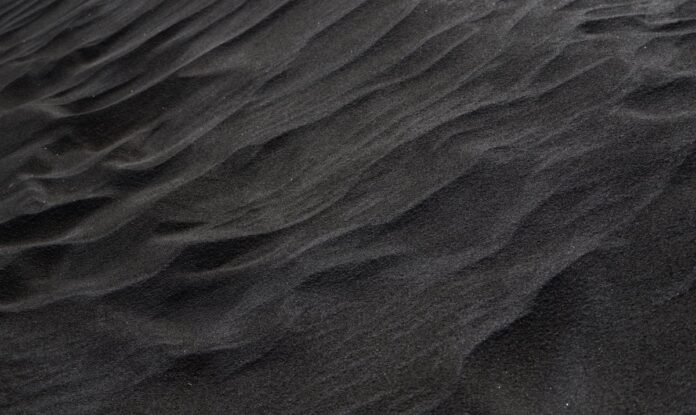CAIRO: Egyptian President Abdel Fattah El-Sisi said on Wednesday that the government is committed to the protection of workers in black sand reserves.
Speaking at the inauguration of the Egyptian Black Sand Co.’s complex in Kafr El-Sheikh, he highlighted the state’s commitment to ensuring there is no negative health impact on the workers in the complex.
El-Sisi said the idea for the project to explore the potential of the reserves emerged five years ago, and the feasibility studies took three years. The president said the project is available to the private sector for investment, adding that private companies should form groups compatible with one other in order to complete the project within two years.
The project is part of Egypt’s efforts to maximize the use of the country’s natural wealth, said Prime Minister Mostafa Madbouly during a Cabinet meeting. He invited private sector institutions to establish factories focused on black sand, “which would take advantage of the country’s existing wealth.”
Black sand is rich in valuable minerals including ilmenite, zircon, magnetite, rutile and garnet, which can be used for a number of industries, such as textiles and renewable energy.
The project consists of four parts: An artificial lake with a total surface area of 83,000 square meters and a depth of 5 meters; the Tahya Misr dredger (a Dutch-made electric dredger with a dredging rate of 2,500 tons per hour); a floating plant with a total area of 2,800 square meters; and a site to collect yellow sand and impurities.
The Egyptian government discovered its black sand reserves over 90 years ago but was unable to utilize them.
The inauguration of the project was well received by the media and experts in various fields.
Ahmed Sultan, an associate expert at the Egyptian Center for Strategic Studies, elaborated on the properties of Egyptian black sand and its various uses, such as in the manufacture of ceramics, car bodies and aircraft structures.
Egypt’s reserves of black sand cover 1.3 billion cubic meters in 11 sites along 400 km.

